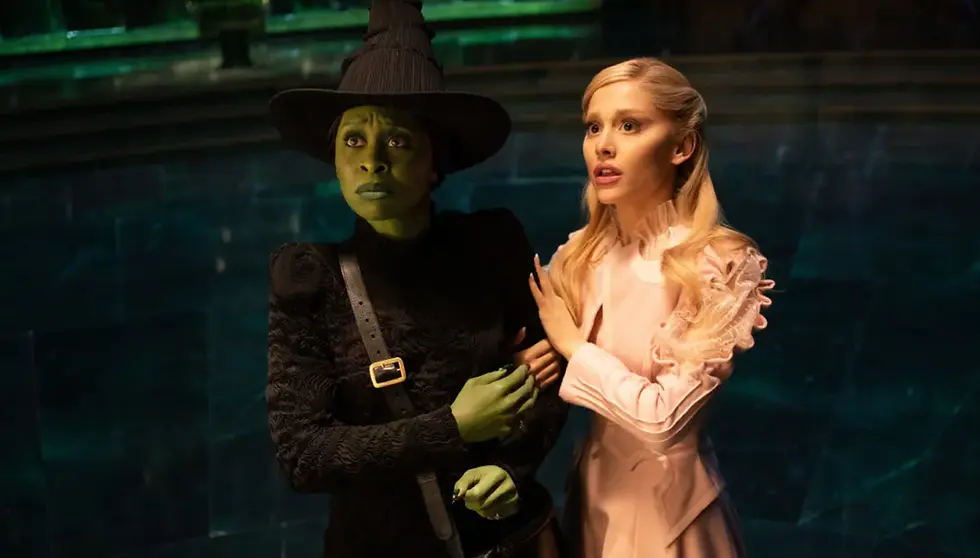Urchin - 2025 film
- comaweng
- Oct 5, 2025
- 2 min read

The opening scene is instantly recognisable to almost anyone who has had the pleasure of walking for more than a few minutes in central London: a woman is shouting religious phrases at nobody in particular on a pavement, in this case quoting the 1611 King James Bible, as though people in 2025 still talk that way. No wonder Mike (Frank Dillane), who has been sleeping rough and is woken up by the Jesus freak, shushes her. Predictably, it has no impact, and the sleep-deprived protagonist must simply get on with his day as best he can. But if there are plenty of religionists on London’s pavements, there are even more people soliciting money – and I want to include ‘charity muggers’ in this equation, even though they don’t appear in this film, because they have no direct relevance to Mike’s story.
It's not like Mike isn’t trying, but at a particularly low point in an off-licence, with insufficient funds on his person, he talks about the obstacles he keeps coming across just for wanting the basics in life. The film provides a sympathetic take, but thankfully it’s not one that feels forced, and Mike is a very believable character. His desperation leads him to impulsively take advantage of Simon (Okezie Morro), a City worker who let on he is a City worker to Mike, so Mike seizes an ‘opportunity’. Simon does the things that I’ve heard registered charities tell people who want to help should do – offer to buy food for someone in need rather than hand over cash, and all that. The film explores, in some detail, restorative justice, and shows its pluses and minuses, especially as nobody bothered properly walking Mike through what it was all about: the meeting with his victim ends without an apology, not because Mike is uncaring but because he is rendered speechless, unable to even properly comprehend what the situation demands.

As both writer and director, Harris Dickinson smashes it, considering this is a debut – there were one or two abstract scenes which I could make head nor tail of, though the weakness is mine rather than Dickinson’s, as these appeared to be portrayals of Mike’s confused state of mind as he continues to grapple with multiple challenges. That said, what was I doing sat there watching a moment of nothing? No music, no scenery, no action, no colour: just a blank screen. Blank screen = blank mind? Anyway, Mike is told by his caseworker Nadia (Buckso Dhillon-Woolley) that he’s not exactly a high priority case for social housing, given he does not have dependent children and does have a criminal record, and it looks as though he’ll be back on the streets once his temporary hostel arrangement ends.
There aren’t any straightforward solutions here – Mike takes what limited employment opportunities there are, though for various reasons he finds himself being let go. In hindsight it’s remarkable quite how much was going on in a film that didn’t feel rushed and didn’t come across as trying to cram as much narrative in as possible. Quite the riveting storyline in a convincing and gritty portrait of the psychological impacts of living life on the margins of society.




Comments